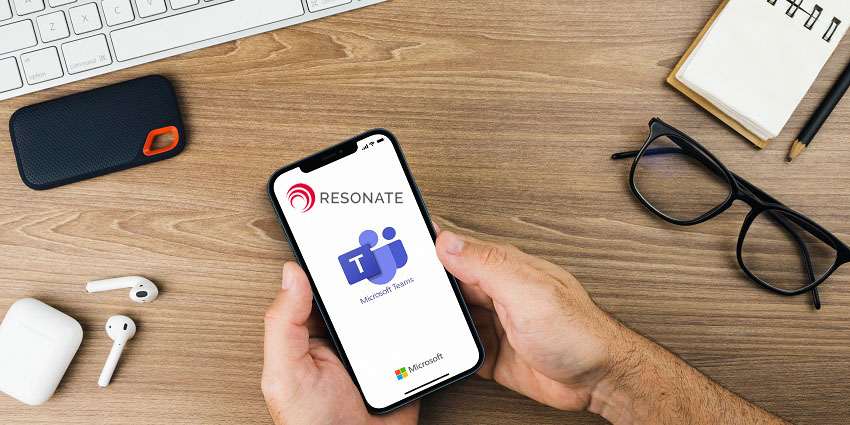Microsoft announced a new feature in their Microsoft Teams experience: eDiscovery. The new solution was introduced in a blog post from Microsoft in July this year, and it highlights the fact that Teams users can now learn more from their Teams meetings and calls. According to the company, this feature update is part of the convergence roadmap to achieve true feature parity between Microsoft Teams and Skype for Business.
Administrators using Microsoft Teams can access summary records for every call or meeting on their tenant. eDiscovery is available for the messages you send in Teams, including those through Skype for Business interoperable chats, and the files shared in Teams, as well as your calls and meetings.
What to Expect from Microsoft eDiscovery
The calling and meeting infrastructure available in Microsoft Teams can collect information about your interactions with other members of your organisation. When Microsoft gathers useful data from your meetings and calls, it holds onto it for you in the Call Record Processing service, so that you can come back to it at a later time for compliance, training, and analytical purposes.
Your call records in Microsoft Teams are stored in a special folder within your mailbox service, and everyone who dials into the meeting has the same access to the file through the eDiscovery functionality in Microsoft’s Office 365 security and compliance solution. In the past, eDiscovery support was reserved for searching through files and instant messaging on Microsoft Teams. Now, you can look through your meetings and calls too.
What Does Microsoft Include in Call/Meeting Summaries
The call/meeting summaries in Microsoft Teams are designed to give you a deeper overview of your conversations. This is incredibly useful information for the compliance admin in any business environment, and you can even access your recordings as part of your evidence for litigation purposes. Microsoft outlines that the new eDiscovery functionalities create summaries of your meeting and call which cover information like:
- How long the meeting lasted
- When the meeting or call started and finished
- Who joined the meeting, and when they left
- The VOIP and PSTN join/call events
- When anonymous people join the call
- When guests or federated users join the call
- When calls go to voicemail
- When calls are transferred, missed, or unanswered
Going forward, Microsoft plans on adding extra functionality into their eDiscovery service, including screen sharing and app sharing instances that happen in a meeting, and when meetings are broadcast to other people, among other things. Find out more about Teams eDiscovery on the Microsoft blog here.







